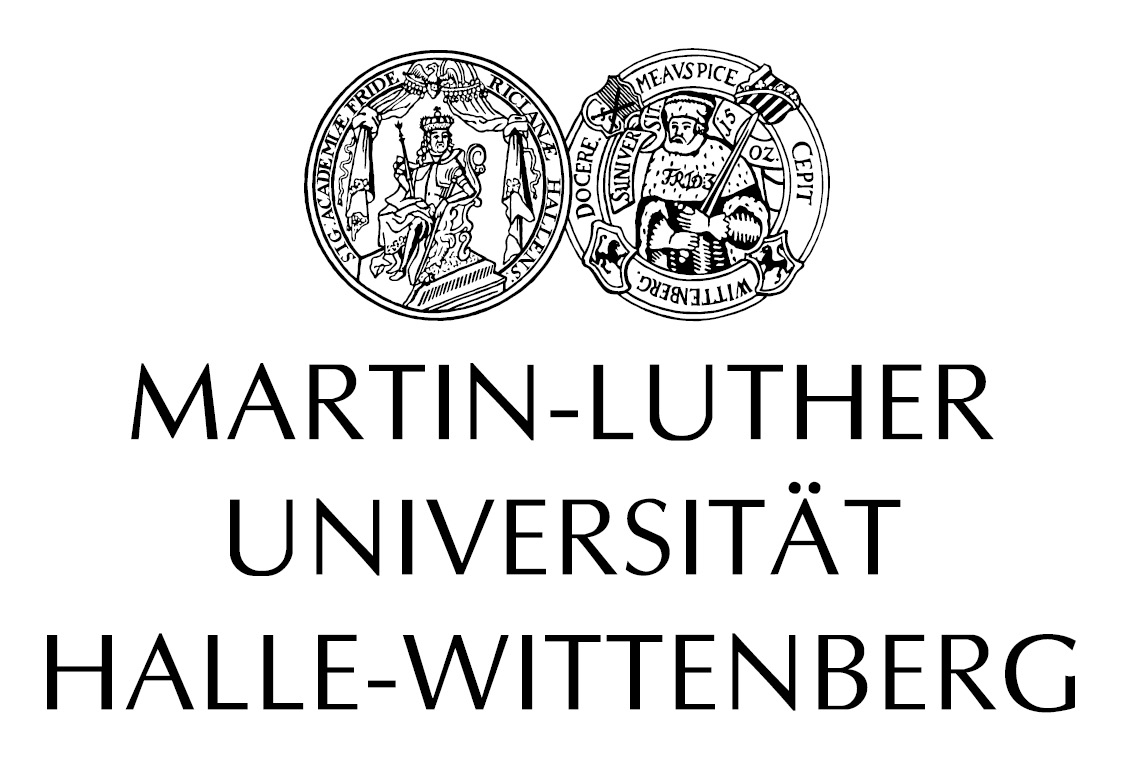presented by Christian Ristok & Stephan Kambach
Date: 25 May – 01 June, 2021 (Part I); 08 & 15 June, 2021 (Part II)
Time: 9:00 am to 4:00 pm
Format: Online Webinar (MLUconf)
// General
R has become a leading statistical programming language in data science and statistics. The R software is free, highly extensible, and allows to easily produce publication-quality plots. The aim of this course is to equip participants with the basic skills to effectively use the software R, embedded in the user interface RStudio. These skills will cover data import, processing and data exploration, graphical representations with ggplot2, basic concepts of statistical inference and linear regression. All topics will be demonstrated in working examples and practiced with hands on examples.
The course will be split in two parts. In the first two days we are going to teach the basic functionality of R, RStudio, and ggplot2. Day three and four are dedicated to the application of statistical tests, which will be extended to linear mixed-effects models.
// Aim
The workshop should prepare participants to read, clean, and explore their own datasets. They will become familiar with the basic workflow of statistical analyses and should become capable to conduct their own analyses, even if depending on methods that were not taught during this course. In short, this course should allow students to confidently work with the R language to apply their own analyses.
// Content and Topics
Part I (Group A – 25 & 31 May, 2021; Group B – 26 May & 01 June, 2021)
- Introduction to R and RStudio
- Data types (vectors, data frames, matrices, lists, factors)
- Explorative data analysis
- Creating functions and data manipulation
- Creating and customizing plots with ggplot2
Part II (08 & 15 June, 2021)
- Recap of the principles of statistical testing
- Linear regression models
- Introduction to linear mixed-effects models
- Model evaluation and model selection
// Organization Details
- The workshop will consist of lectures, working examples and practical exercises, each covering roughly one third of the course time.
- Day one and two are dedicated to the handling of R, RStudio and ggplot2.
- After participants have acquired the basic functionality the days three and four will then be dedicated to linear regression and model selection.
- The number of participants is limited to a maximum of 20.
- All participants will receive a certificate of participation.
- The virtual seminar will be held in English.
// Trainer
Dr. Stephan Kambach, PostDoc at the German Centre for Integrative Biodiversity Research (iDiv) Halle-Jena-Leipzig and the Martin Luther University Halle-Wittenberg.
Christian Ristok, M.Sc. Biology, PhD student at the German Centre for Integrative Biodiversity Research (iDiv) Halle-Jena-Leipzig.
// Registration
The participation in this course is elective for PhD students associated with RTG 2498 and RTG 2467. Furthermore, members of the Martin-Luther-University Halle-Wittenberg (MLU) related to Institutions of Natural Sciences are welcome to take part if free spots are available.
Registration open until 18 May, 2021.
Please note that all courses are fully booked!


